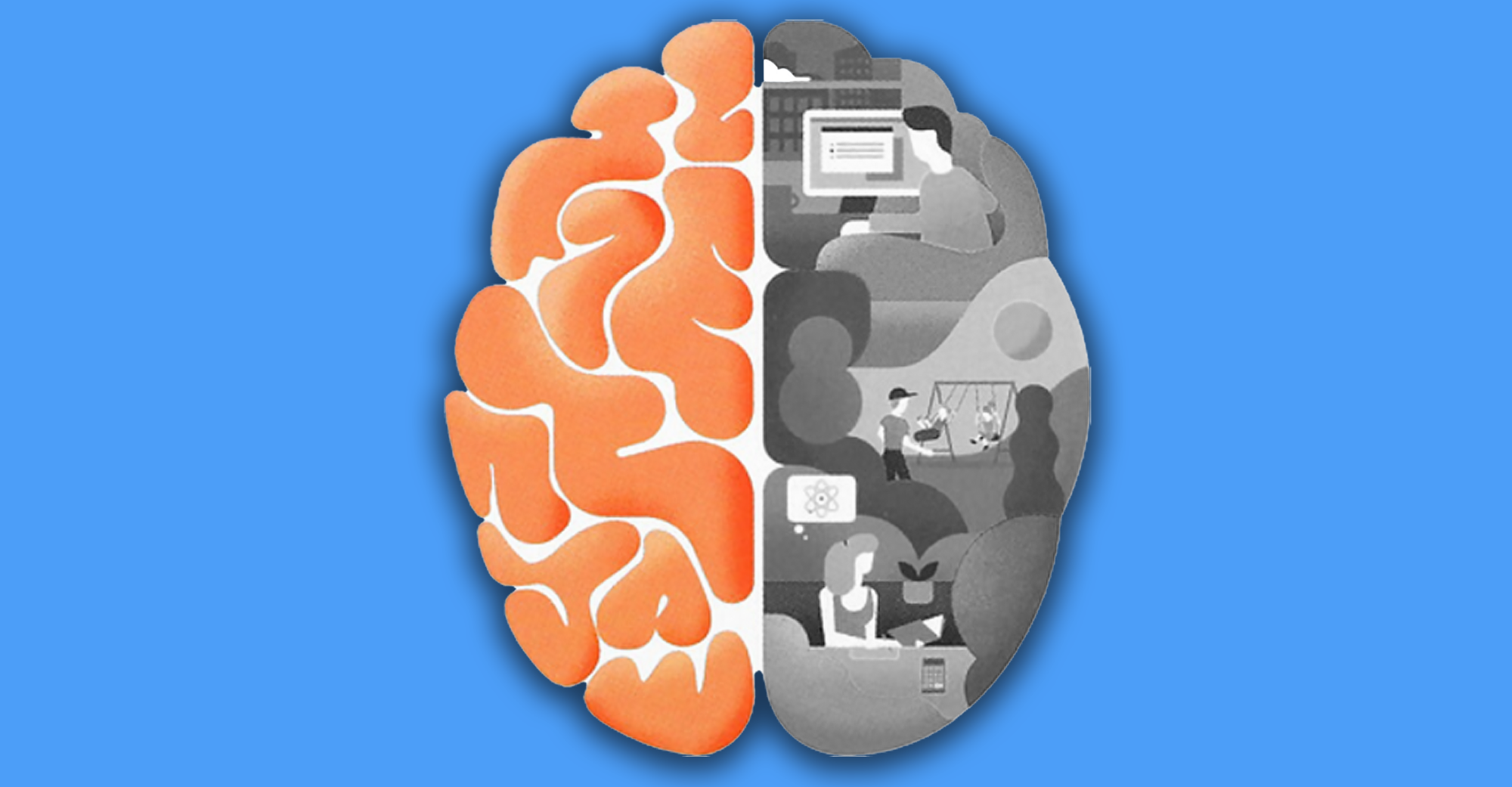
Best Reader Tips of 2021
This year reader tips led to dozens of ad alerts, as well as a complaint to regulators.
The FDA is warning consumers as part of National Autism Awareness Month to beware of products that are marketed as treatments and cures for autism.
In its April Consumer Health Information newsletter the FDA said:
One thing that is important to know up front: There is no cure for autism. So products or treatments claiming to “cure” autism do not work as claimed. The same is true of many products claiming to “treat” autism. Some may carry significant health risks.
There has been a long history of failed treatment fads since autism was first identified, according to the Association for Science in Autism Treatment. While some treatments the FDA outlined may help with other illnesses or diseases, they have not proven beneficial for autism.
The FDA identified five types of therapies that can carry serious health risks:
Products that claim to treat a wide range of diseases and treat them quickly, or rely heavily on personal testimonials but have no clinical randomized trials to support the health claims are red flags. Consumers should talk to their health care providers before buying or taking such products.
TINA.org’s continuing coverage on products making unsupported claims to treat autism can be found here.
This year reader tips led to dozens of ad alerts, as well as a complaint to regulators.
Supplement MLM takes down dozens of deceptive claims following TINA.org investigation.
TINA.org files brief urging court to deny final approval of settlement that is unfair to consumers.


